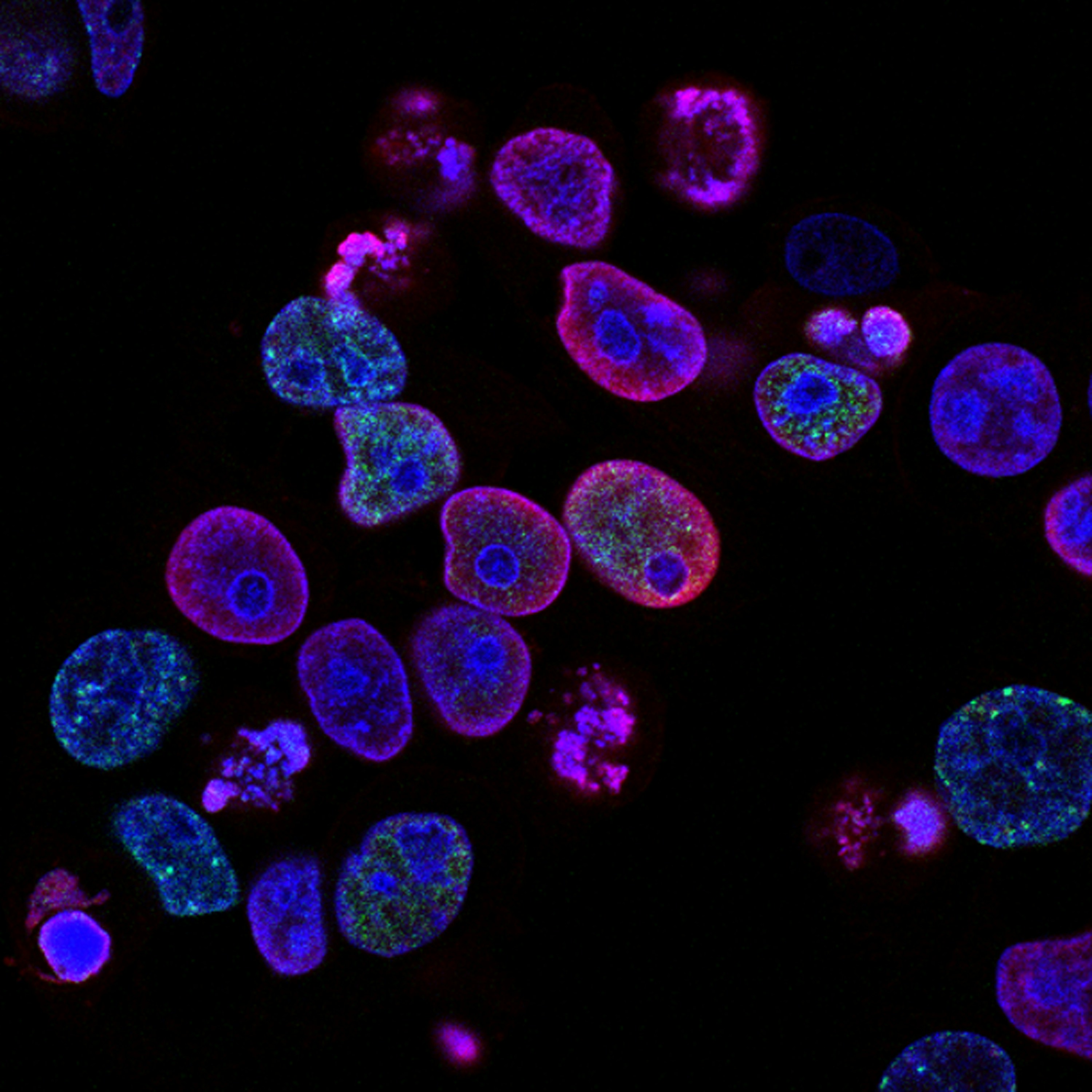At the forefront of potential applications of aerosols to deliver medical treatments is the development of new vaccines and gene therapies. Administering gene therapies and vaccines via aerosols is an area of significant interest and development in medical science. This method, often referred to as pulmonary or inhalation delivery, offers a non-invasive and potentially efficient way to deliver treatments directly to the respiratory system. ARE Labs can assist in evaluating your vaccine or gene therapy treatment and delivery device to ensure proper deposition in the lungs and nasal mucosal regions.
Cystic Fibrosis Gene Therapy: One of the most researched areas for aerosol gene therapy is in the treatment of cystic fibrosis. Researchers have been investigating the use of aerosolized vectors, like adenoviruses or adeno-associated viruses, to deliver a functional copy of the CFTR gene directly to the patient's lung cells.
Respiratory Syncytial Virus (RSV) Vaccine: Aerosol vaccines for RSV are being explored as a way to directly immunize the respiratory tract. This method could potentially provide more effective protection against respiratory viruses compared to traditional injections.
Tuberculosis (TB) Vaccine: Aerosolized forms of TB vaccines, such as modified BCG vaccines, are under investigation. Delivering the vaccine directly to the lungs may enhance the immune response against TB, which primarily affects the lungs.
COVID-19 Vaccines: With the global impact of COVID-19, there has been interest in developing aerosolized versions of COVID-19 vaccines to provide direct protection to the respiratory system, where the virus commonly enters and infects the body.
Influenza Vaccine: Aerosolized influenza vaccines, like FluMist, are already in use. This nasal spray vaccine is a form of live attenuated influenza vaccine (LAIV) and is designed to induce an immune response in the mucosal lining of the respiratory tract.
Gene Therapy for Lung Cancer: Experimental studies have explored the use of aerosolized gene therapy for lung cancer, where genes that can trigger cancer cell death or boost immune response against cancer cells are delivered directly to the lung tissue.
Aerosolized Vaccines for Allergic Asthma: There’s ongoing research into using aerosolized vaccines to modify the immune response in allergic asthma. The goal is to induce tolerance against common allergens by delivering modified allergen genes directly to the lungs.
Gene Therapy for Pulmonary Arterial Hypertension (PAH): Research includes the development of gene therapies targeting the lungs to treat PAH, a severe lung disease, through aerosol delivery of therapeutic genes.
It's important to note that while aerosol delivery of gene therapies and vaccines holds great promise due to its potential for targeted and efficient treatment, many of these therapies are still in the experimental or clinical trial stages. The effectiveness and safety of these methods continue to be key areas of research and development. ARE Labs can assist in the development and characterization of these emerging delivery methods.
Particle Size Distribution Analysis: Using sophisticated methods, we measure the particle size distribution of aerosolized vaccines or gene therapy drugs as well as analyze the methods by which they are delivered including nebulizers, meter dose inhalers (MDI), dry powder inhalers (DPI) and others. This analysis is crucial for ensuring optimal drug deposition in the lungs and effective treatment or vaccine administration.
Droplet Aerosol Testing: We evaluate the particle size and distribution to understand the drugs performance in creating a breathable aerosol that can reach targeted areas in the respiratory tract as well as the efficacy of the delivery method itself.
Drug Delivery Efficiency: Our tests assess the efficiency of drug delivery, ensuring the precise amount of medication is delivered to the patient with minimal wastage.
Customized Testing Protocols: Tailoring our services to your specific needs, we develop customized testing protocols that align with industry standards and regulatory requirements.
We offer a wide array of testing services to help ensure that your vaccine or gene therapy formulation as well as its’ intended delivery device is effective and compliant with regulatory requirements. Some of our testing services include:
Delivered Dose Testing: We measure the particle size distribution of drugs intended for inhalation to ensure particles are under 5μm, optimizing lung deposition. Utilizing both the Anderson Cascade Impactor (ACI) and the Next Generation Impactor (NGI), alongside HPLC analysis, we confirm that your formulations meet critical quality attributes for both inhalation and nasal delivery.
Laser Diffraction Particle Size Analysis: ARE Labs provides rapid, early-stage screening through advanced laser diffraction technology. This method assesses particle size distribution, crucial for developing aerosol drugs. Our lab features state-of-the-art Malvern Spraytec and TSI Aerodynamic Particle Sizers for comprehensive analysis.
Spray Pattern and Plume Geometry: Regulatory compliant testing services for characterizing spray patterns and plume geometry are essential for nasal and respiratory drug delivery devices. Using automated Proveris SprayView systems, we analyze spray behavior to ensure uniform drug delivery and maximum bioavailability.
Industry Expertise: With years of experience in aerosol science, our team brings an in-depth understanding of respiratory drug delivery and the devices used to administer these drugs.
Cutting-Edge Technology: We employ the latest in aerosol testing equipment, ensuring precise and accurate results.
Regulatory Compliance: Our testing services are designed to help you navigate the regulatory landscape, ensuring your products comply with FDA, ISO, and other relevant standards.
Client-Centric Approach: We work closely with our clients, offering personalized service and expert guidance throughout the testing process.






